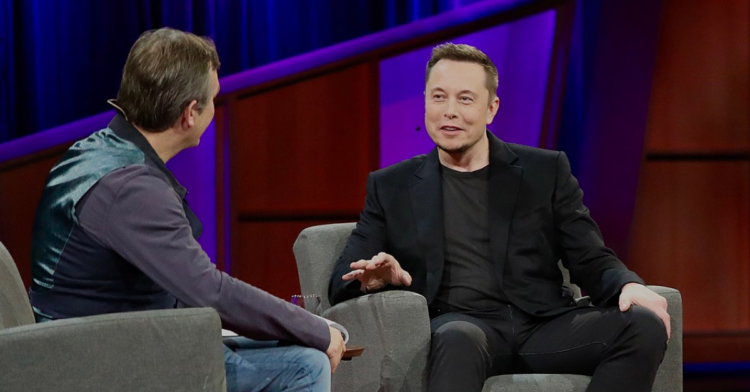At the start of the year, it was hard to picture a more successful person in the world than Elon Musk.
Not only had stocks for his flagship company Tesla risen by 700% over the course of last year, but January 8 saw him briefly unseat Amazon founder Jeff Bezos as the world’s richest man with a net worth of $190 billion.
But as they say, what goes up must come down and more recent signs are suggesting that Musk’s luck is starting to run out.
Because while his statements have made the prices of cryptocurrencies such as bitcoin more turbulent over the past month, it seems that other forces are doing the same to Tesla.
Since the record-high in January, Tesla’s share value has fallen about 24% and went from commanding $900 per share to about $580.

And according to Bloomberg , that has brought his net worth down to $160.6 billion and his personal fortune has seen a decline of $9.1 billion in 2021.
This dip has coincided with a rise in profits for luxury goods conglomerate LVMH, making its chairman Bernard Arnault officially the world’s second richest man for the time being.

The firm counts Louis Vuitton , Fendi, Sephora, Moet and Hennessy among its holdings and Bloomberg reported that Arnault’s net worth has risen by close to $47 billion for a total of $161.2 billion.
This surge has been attributed to a recent sales hike in China, as well as other parts of Asia.
That region has also factored significantly in Tesla’s latest woes as the cars sold far less in China than expected.

According to CNN Business , the company saw sales plummet to about 12,000 vehicles in April compared to the 34,500 attained in March.
The reason for the dip concerns functionality and quality issues that customers in China have reported at the same time as investigations from five different regulatory agencies there remain ongoing. Those investigations are specifically regarding the Model 3 cars produced at Tesla’s two assembly plants in Shanghai.
However, the cold shoulder from Chinese consumers isn’t the only issue plaguing Tesla at the moment.

Alongside an increase in competition from longer-established auto manufacturers, Bloomberg also attributes Tesla’s decline in performance to a worldwide shortage of semiconductors used in circuit boards that are showing harmful implications for tech industries at large.
I guess you don’t know whether it’s truly your year until it’s over.
h/t: Bloomberg

















































